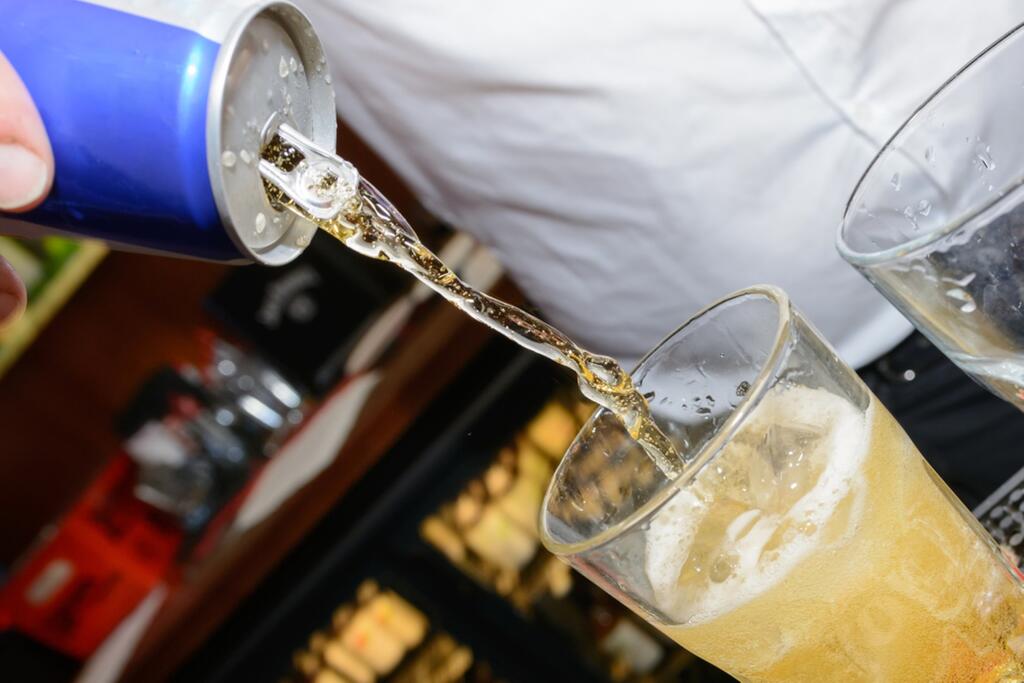Getting your Trinity Audio player ready...
Feel Free, a drink containing kava and kratom, has been banned in some U.S. states due to concerns over the alleged dangers and addictive nature of its ingredients. It remains popular, marketed as a natural energy, focus, and mood booster.
A class action lawsuit has been filed against Botanic Tonics, the manufacturer of Feel Free, for misleading advertising, failing to disclose the potential risks and addictive properties of the drink, and its high kratom concentration, despite including a warning about the potential for leaf kratom to become habit-forming if used irresponsibly.
The drink is marketed as a healthy, plant-based alternative to alcohol, but according to the allegations, some individuals show symptoms of addiction, spending large sums of money on the drink, and experiencing severe withdrawal symptoms when quitting cold turkey.
While acknowledging the addiction stories linked to Feel Free, Botanic Tonics' CEO stated the drink was not meant to be addictive. The company does not plan to discontinue the product, which has been highly successful, bringing in millions in revenue.
Young adults in the U.S. have become progressively less likely to consume alcohol over the past two decades, as part of the "sober curious" movement, with some turning away from traditional alcoholic drinks in search of less harmful alternatives, driving a 40% increase in sales of nonalcoholic spirits, beer, and wine.
Kratom legality varies among U.S. states, with some banning it while others allow its sale. In 2023, a company selling a kratom elixir was penalized after being found liable for a customer's death due to kratom's addictive properties similar to opioids.
This article was written in collaboration with Generative AI news company Alchemiq
Sources: Futurism, Daily Dot, Slate, Punch.


